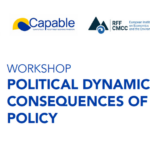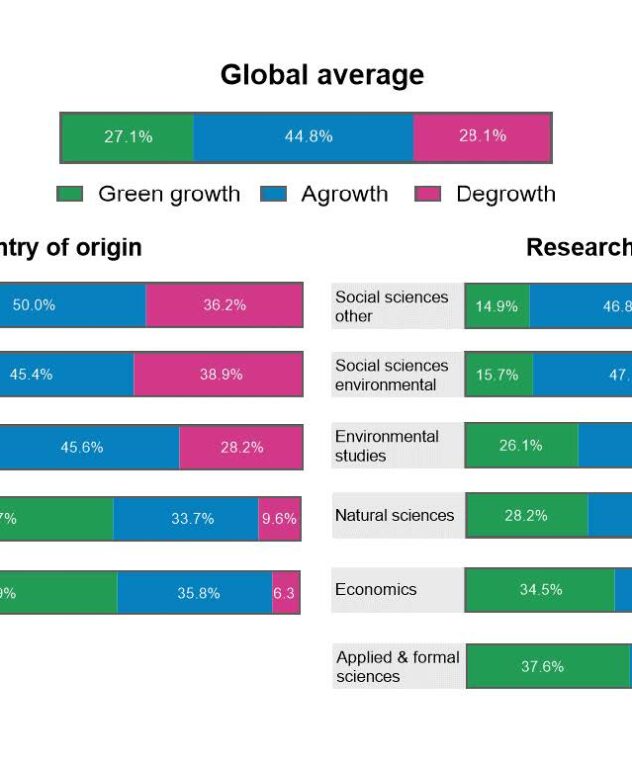
What do researchers on Carbon Pricing really think about it?
Thanks to a global survey among almost 800 researchers from a wide variety of fields who publish on climate policy, we now know what researchers really think about Carbon Pricing, one of the main tools advocated by academia for decades to cut emissions efficiently. The authors of the paper “Carbon Pricing – Perceived Strengths, Weaknesses and Knowledge Gaps according to a Global Expert Survey”, just published in Environment Research Letters, asked these expert scientists to indicate what they felt were the main strengths, weaknesses and knowledge gaps of carbon pricing compared with other policy instruments.
Main strengths of carbon pricing
As expected, the interviewed researchers feel that carbon pricing can achieve effective emission reduction by providing a clear price signal to both the producer and consumer, which then can result in a sound financial support to subsidize transformations towards carbon-free economies, by stimulating research and investments in innovations. By applying the Polluters Pay Principle, a substantial proportion of researchers believe that carbon pricing has the potential to really encourage abatement in a flexible and efficient manner.
The main perceived strengths of carbon pricing summarized above are in line with what economists have been advocating since decades. What appears less trivial are the perceived weaknesses of the instrument.
Main weaknesses of carbon pricing
The main perceived weakness of carbon pricing is related to the fact that it may increase inequalities by placing an unfair burden on the lower income population while not necessarily dissuading the higher income population from making behavioral changes. A second aspect which emerges from the survey is that carbon taxation appears to some researchers politically infeasible, and publicly unpopular. Last but not least, the instrument appears to researchers as difficult to implement globally, while also being vulnerable to manipulation and frauds.
The way forward
The surveyed researchers were also asked about the perceived knowledge gaps and innovative suggestions for further research about carbon pricing and a number of interesting ideas emerged, as detailed in the paper. What appears striking is that some of the assessed perceptions and opinions are not in line with received insights from the theoretical and empirical literature on carbon pricing. This suggests that more communication about climate policy and carbon pricing is needed between academic researchers from distinct disciplines.








Leave a Reply